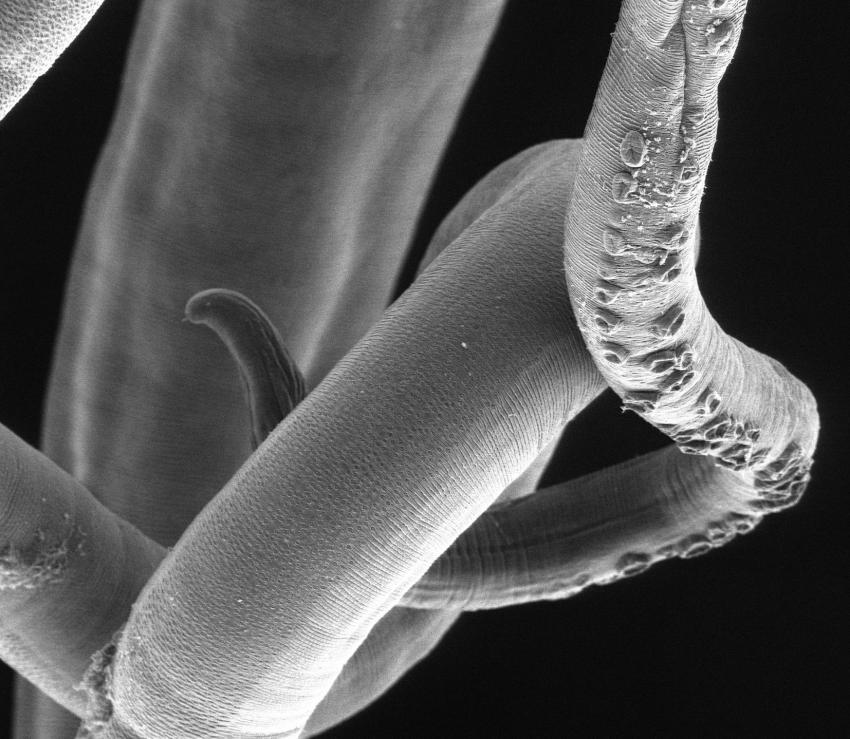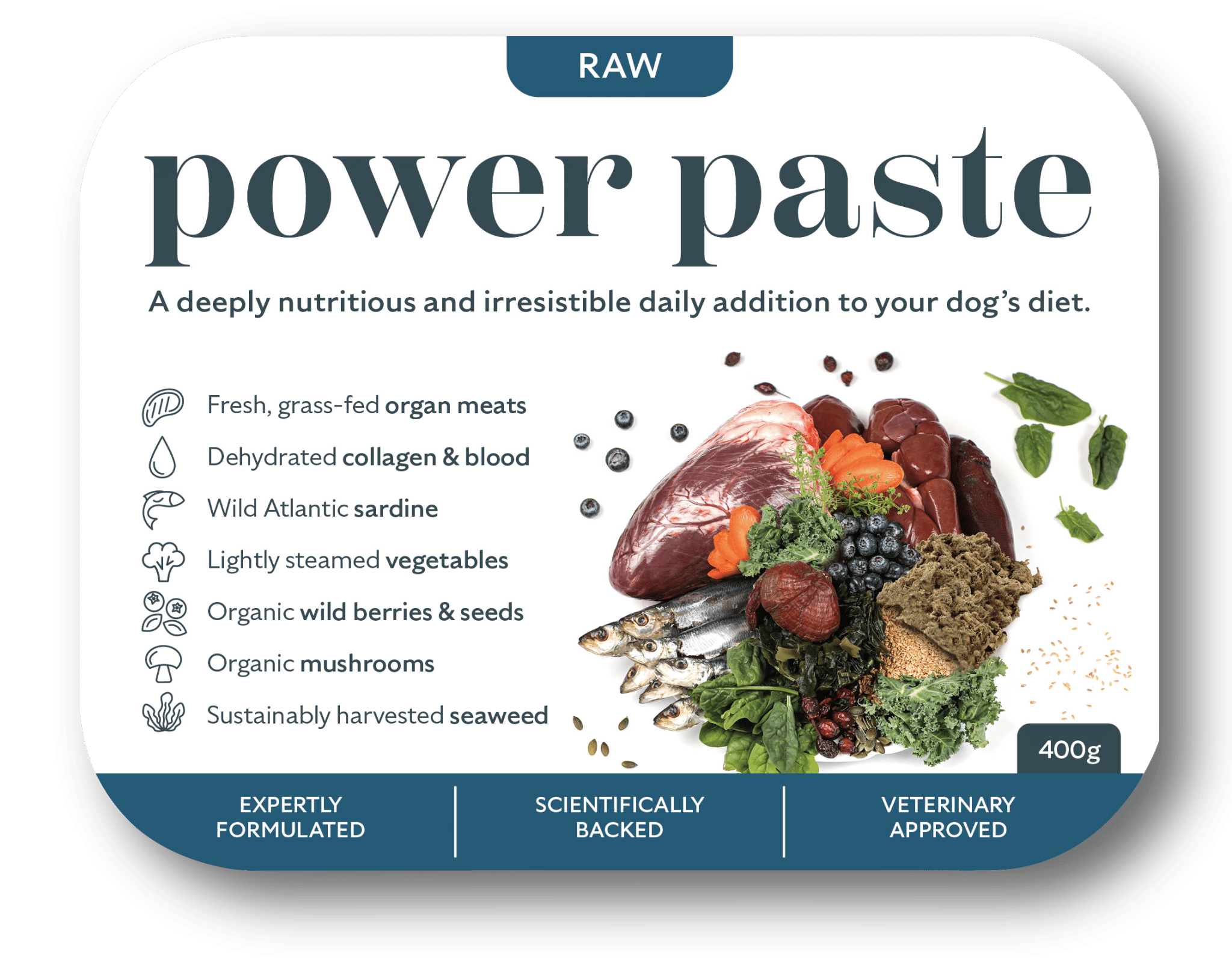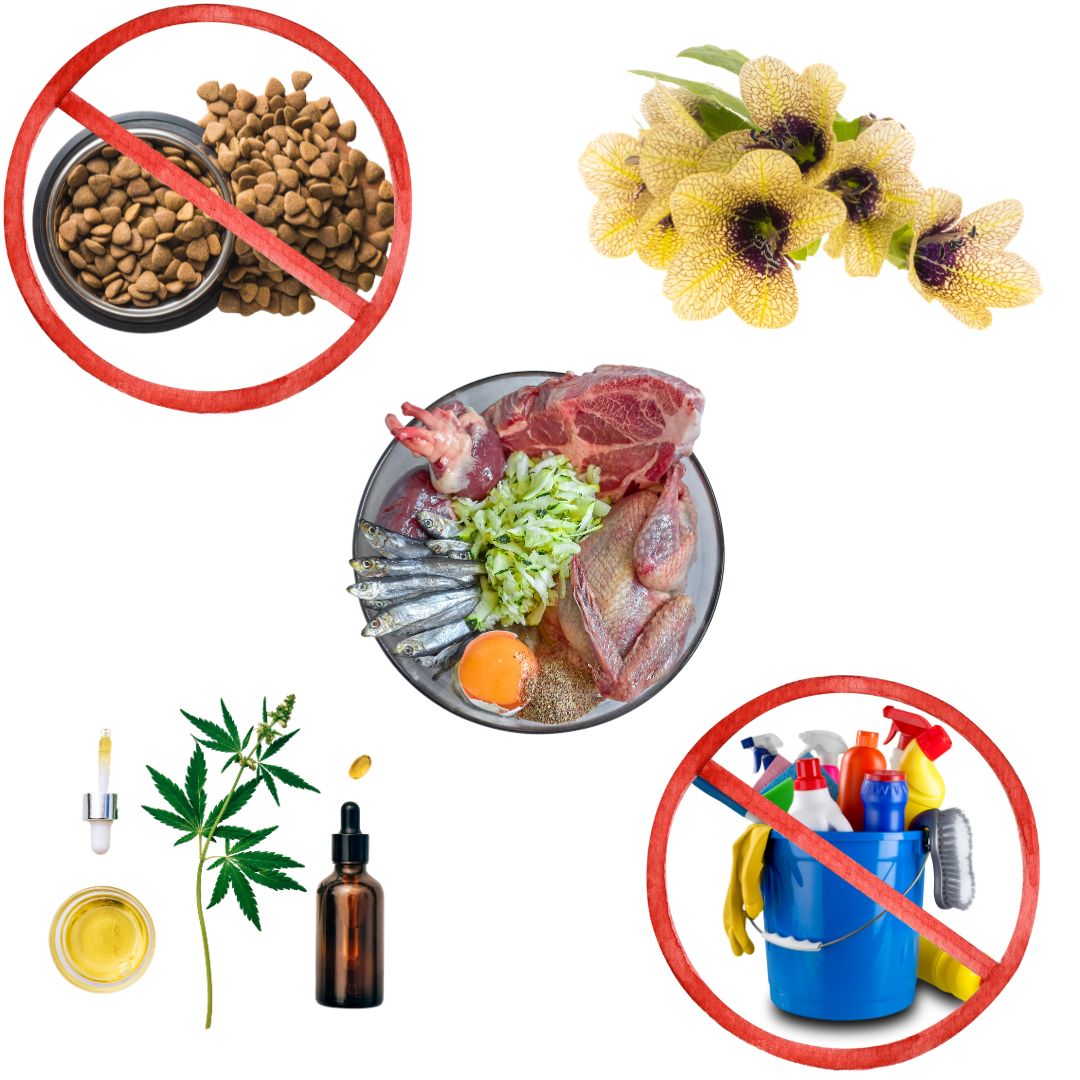Antibiotic resistance is a hot topic, but did you know antihelminthic resistance is at crisis point too? Guess why?!
Anti-microbial resistance is now a very real and very established threat to humans in the very near future. Deaths from once-treatable bugs are rocketing. Our over-use of antimicrobials, largely in our food chain and sick patients, is now producing strains of bacteria that are resistant to our best drugs. When you develop and divide as quick as bacteria, that’s what happens. Worse still, they are no longer working as hard to develop new antibiotics.

They like to try and blame everyone for this. We’re using antibiotics incorrectly, such as for the common cold (like we buy antibiotics in the supermarket). We are using too many bacterial sprays in our kitchen, half-killing bacteria everywhere, leaving a stronger population behind, etc (but the ads for such products go on unabated, they must make money after all). While we each should take responsibility for our own roles in this problem, clearly the groups most at fault are the producers, coupled with the vets who are supposed to be staying abreast of the science which is screaming we have a major trainwreck up ahead. Unfortunately, staying abreast of the science in terms of product usage no longer seems to be in our vets’ repertoire (if dry food, chemical parasite control, annual boosters for viruses, the entirely ineffective kennel cough “vaccine” etc, are anything to go by).
Vets supervise the food sector and have permitted the likes of intensively reared chicken to be fed low-dose antibiotics for their lives (also pork sector, any intensively-reared animal, it’s a filthy, disease riddled environment which is controlled with anti-bug chemicals). If you were to ask a microbiologist how to grow a super-resistant strain of a baddie, these cramped unhygienic conditions with ineffective use of small-dose antibiotics is the way to do it. You eat them and your hospital has nothing to hand to kill what was a very treatable bacteria 10 years ago. Then there is the over-use of antibiotics in our pets. If you feed a dog a processed diet and he gets gut issues, antibiotics are prescribed but rarely is the cause addressed with a good diet. So your dog gets LOTS of antibiotics. In fact, rumour has it, 80% of dogs have received antibiotics by 1.5yrs of age.
More on our vets’ role in the growth of superbugs here.
Like Bacteria, Worms too can Develop Resistance, and for the Very Same Reasons…

Yes, it’s a stone cold fact that worms too possess this ability to develop resistance. More and more studies are flagging the rise of antihelmintic drug resistance, largely due to the over-use of these drugs in the ruminant, pig and horse sector. In fact, back in 1997 studies were popping up that said they have known it was happening for the last 30 years and they were now at crisis point. It’s at crisis point in sheep. It’s at crisis point in cattle. It’s at crisis point in horses. And guess what? It’s now at crisis point in pets too.
Here’s a great video by the man Nick Thompson (UK Holistic Vet) that spells out the issue, complete with studies. Great watch.
Worms in Dogs, What to do…
The advice for large animal owners is now to “cycle your wormers” (use different ones each time so they get less of a chance to adapt), although the rise in use of more natural treatments is clearly the new road, or at least the old road dressed up as a new road now with lots of science and pizzazz and evidence and of course, margin.
For our pets, we are told to worm our dogs every 3 months even though, for the very, very large part, the dogs are without a worm infection. This advice, clearly, is idiotic, particularly when brilliant companies like the Irish Equine Centre in Ireland and wormcount.co.uk in Britain offer faecal worm counts for as little as €14!
Our advice is, if concerned about worms, is to be vigilant. Keep an eye on their poo. Gut worms eggs are often visible by the naked eye as little grains of rice. Lungworm won’t be though. This will only be detected by a triple sample sent to the likes of IEC. Hence, best advice is to send IEC a poo sample now and again.
For more on worms and how to naturally control them, check out the latest issue of the Dogs First Magazine!

Should you detect a problem then dose naturally with a range of natural options, some more potent than others and then, perhaps, faecal check again to make sure you cleared the issue. Your natural worm killing options include:
| POWER | TYPE | Level 1 | Use anthelminthic food ingredients as a preventative, e.g. pumpkin seed oil or raw garlic | Level 2 | Use herbal natural wormers like Holistic Hound’s Worms Away | Level 3 | VermX, one of the most popular over the counter wormers available (Buy on Amazon) | |||||||||
|---|---|---|---|---|---|---|---|---|---|---|---|---|---|---|---|---|---|
| POWER | TYPE | ||||||||||||||||
| Level 1 | Use anthelminthic food ingredients as a preventative, e.g. pumpkin seed oil or raw garlic | ||||||||||||||||
| Level 2 | Use herbal natural wormers like Holistic Hound’s Worms Away | ||||||||||||||||
| Level 3 | VermX, one of the most popular over the counter wormers available (Buy on Amazon) | ||||||||||||||||
| POWER | TYPE | ||||||||||||||||
| Level 1 | Use anthelminthic food ingredients as a preventative, e.g. pumpkin seed oil or raw garlic | ||||||||||||||||
| Level 2 | Use herbal natural wormers like Holistic Hound’s Worms Away | ||||||||||||||||
| Level 3 | VermX, one of the most popular over the counter wormers available (Buy on Amazon) | ||||||||||||||||
We sell worms away below. It’s made by Jo of Holistic Hound. It’s great stuff by all accounts but I’ve yet to test it myself on a dog with worms. Hence, for the moment I favour VermX as I have heard great things about it, it’s stocked by the majority of natural vets and the reviews online are impressive. Here’s the best price VermX liquid I could find on Amazon.












